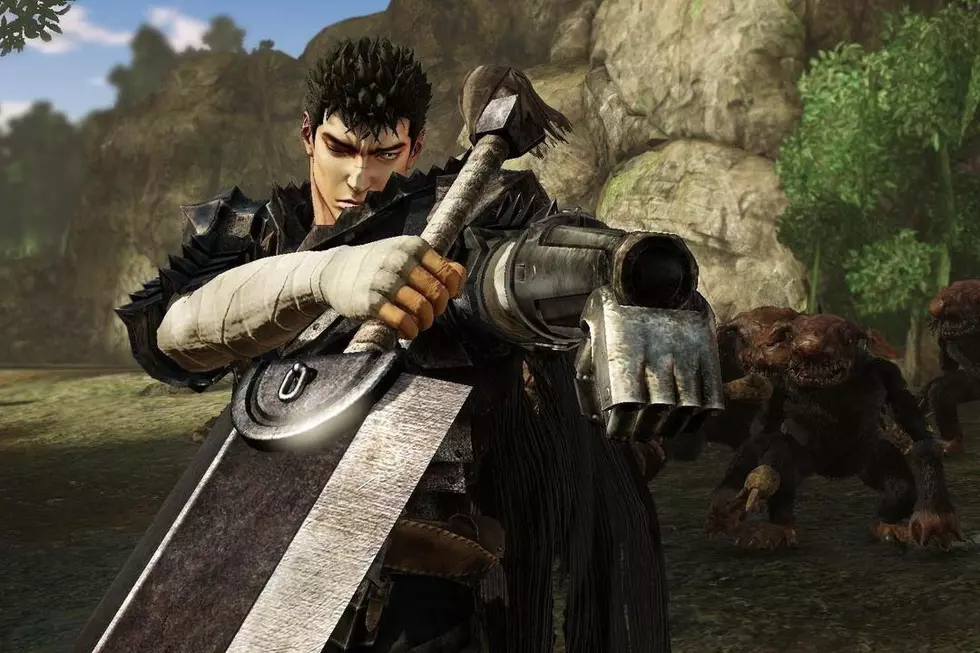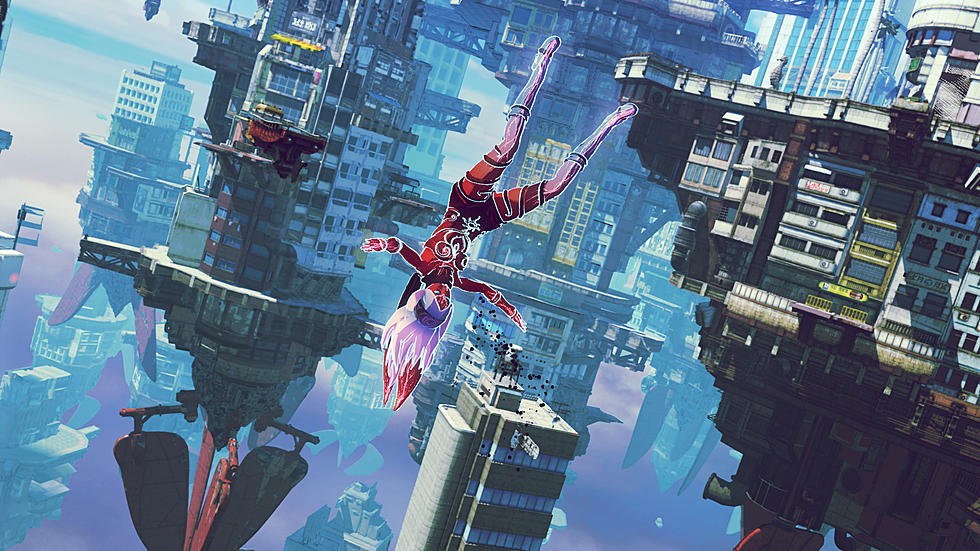
The Bridge Review
As video games have evolved, so have the puzzles that keep us coming back for more. In a marketplace overflowing with video games and puzzles, a good game needs to present something truly original to keep us hooked. In the case of The Bridge, the developer has crafted something that isn’t entirely original, but is interesting enough to warrant your attention.
Right off the bat, the look and atmosphere of The Bridge is engaging. That’s partially because The Bridge owes a lot of its aesthetic and gameplay to some well known sources. For gamers, The Bridge will quickly jump out as a Braid clone. For fans of the art world, the homage here is clearly from the works of M. C. Escher. While The Bridge is not the first game to borrow from Escher’s work (I am looking at you Echochrome), it might be the first to blatantly brag about its influence in its press releases. It helps to sell the game, but seems a bit cheap to openly admit to borrowing from another artist.
Never mind the marketing, The Bridge bundles these two homages together in a gameplay dynamic that makes a lot of sense. First, the infinity loops of Escher’s works provide a visual that demands to be explored. Then, by borrowing heavily from the cartoonish protagonist of Braid, The Bridge allows the gamer to explore these derivative puzzles in a physical way that Escher could have never imagined. If you pick up the demo you’ll be easily sold on the novelty of this design.
At first, the gameplay is interesting and the puzzles progress at a steady pace. The first set of puzzles teach players about the gravity and tricks of the game without ramping up the difficulty too high. Things were moving along rather swimmingly until the second tier of gameplay tricks were implemented. In the beginning, most of the tricks are about manipulating the gameplay to grab keys and unlock doors. As new dynamics are implemented, how they work isn’t very clearly explained. While making tricks difficult to solve on the first go-around is a sensible design, the second tier of puzzles isn’t designed to allow for creativity on the part of the player. Instead, it seems too rigid in its structure.
At first the novelty of the game design is endearing and fun. The downfall comes when puzzle solving doesn’t encourage creativity. Each puzzle appears to have just one solution and when dead end puzzles appear, the only answer for frustrated gamers is to consult cheat guides and YouTube. In this day and age, games don’t need to be easy; however, they should encourage exploration over cheating to find the answer elsewhere. While a lot of gamers like cheating their way to the finish, puzzle games are more enjoyable when they inspire trial and error. This deters gamers from taking the easy solution. Indie hits like Braid and Fez deliver this inspiration perfectly.
Unfortunately, The Bridge is incapable of providing that creative outlet that can be found in the best modern puzzlers. Instead of an enjoyable exploration of trial and error, The Bridge delivers tedious circular trials. An extensive dead end doesn’t inspire more exploration - it makes the player flee to the internet for a solution. It feels like more time was spent creating beautiful artwork than crafting addictive puzzles.
Another area of let down is the narrative component. Like its brethren, Braid, The Bridge presents a rather obtuse and philosophical story that is neither engaging nor interesting. Instead, it feels like a high school thinker's deep thoughts or poetry. Sure, it might mean a lot to him personally, but to the world as a whole it comes across as either dull or too insular. While The Bridge doesn’t need a Mass Effect-scale story to be enjoyed, the narrative thread-line just isn’t convincing enough to make this game’s characters worth caring about.
This review is based on an XBLA copy of The Bridge provided by the publisher.
More From Arcade Sushi









